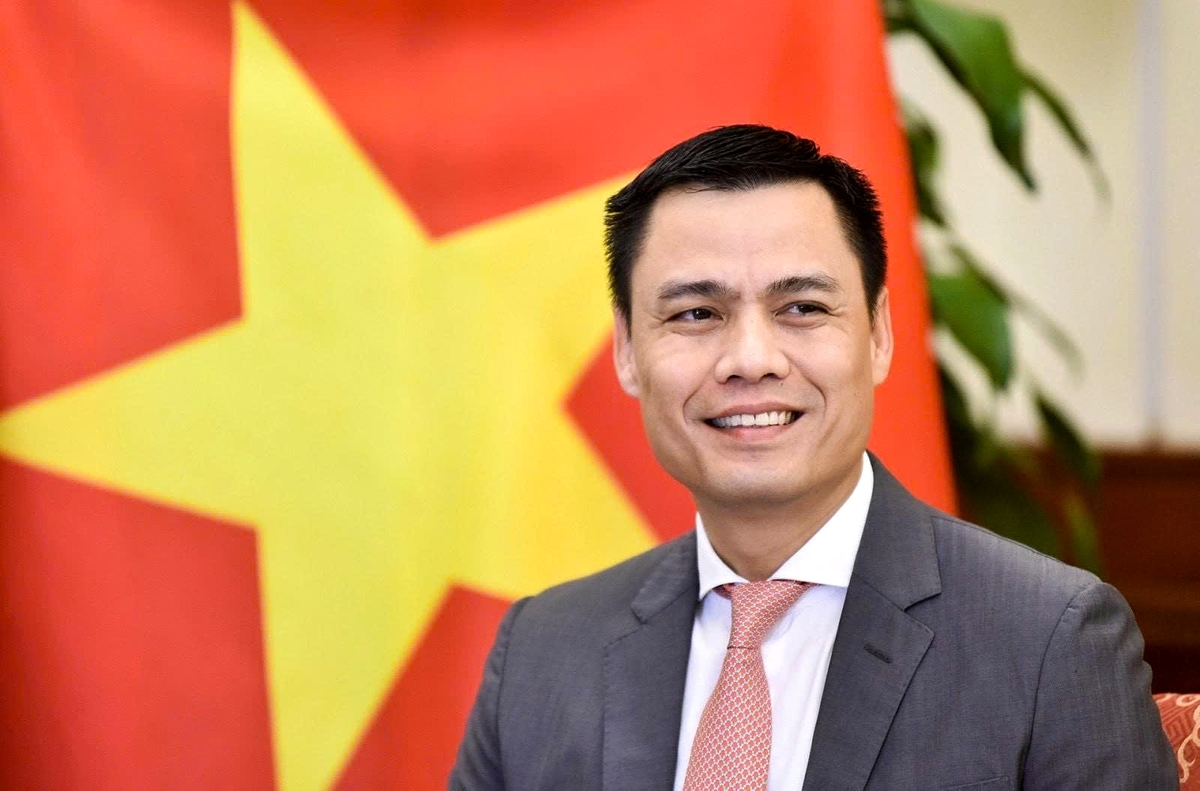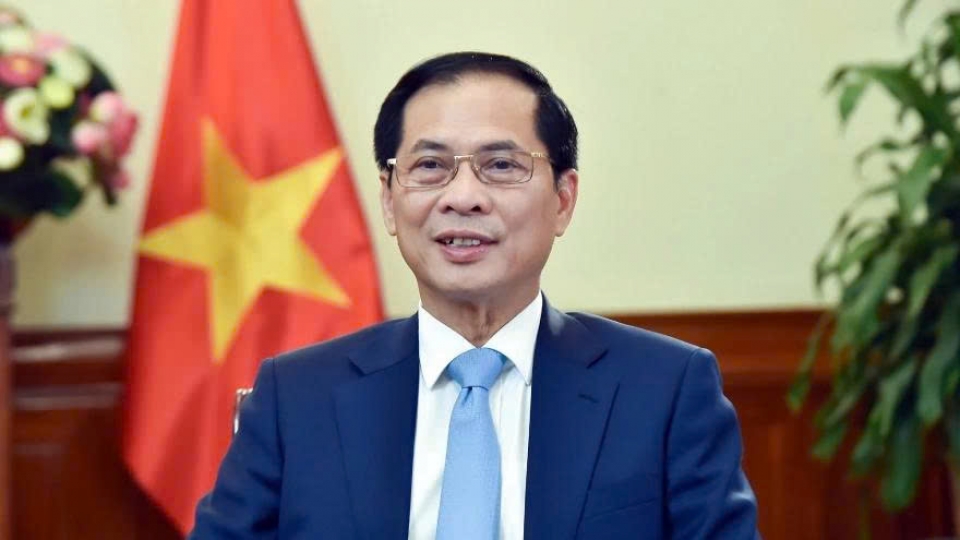Multilateral diplomacy – A driving force behind Vietnam’s global integration
VOV.VN - Multilateral diplomacy is not only a key instrument of foreign policy but also a powerful driver behind Vietnam’s deeper global integration, enabling the country to assert its role and standing on the international stage, said Deputy Foreign Minister Dang Hoang Giang.

The Deputy Minister, in an interview granted to the press on the occasion of the 80th anniversary of the diplomatic sector, emphasised that multilateral diplomacy has always been an inseparable component of Vietnam’s foreign policy since the country’s early days. From being isolated and blockaded, Vietnam has transformed into an active member of nearly all major multilateral cooperation mechanisms at both regional and global levels.
With a steadfast commitment to renovation and deep international integration, Vietnam has, in just four decades, evolved from a poor, underdeveloped country into a dynamic developing economy ranked 32nd in the world. The country now holds an extensive network of free trade agreements (FTAs) with most leading economic and trade centres worldwide.
“Multilateral diplomacy has not only elevated Vietnam’s international standing but also produced many remarkable achievements,” affirmed the diplomat.
According to him, Vietnam has successfully assumed numerous major international responsibilities, including ASEAN Chair, APEC Host, non-permanent member of the United Nations Security Council, member of the UN Human Rights Council, Vice President of the UN General Assembly, member of the International Law Commission, the IAEA Board of Governors, and UNESCO governing bodies. Vietnam has also contributed peacekeeping personnel to UN missions, underlining its role as a responsible nation and a reliable partner.
“Looking back on nearly 50 years of UN membership and three decades in ASEAN, Vietnam has consistently demonstrated its image as a committed member, working tirelessly for common causes, peace, cooperation, and sustainable development. From the ASEAN community to the global stage of the United Nations, Vietnam’s imprint has become increasingly clear through initiatives aligned with international priorities,” he noted.
In the context of global complications, Deputy Minister Giang said, multilateral diplomacy in the coming period should focus on making effective contributions to safeguarding independence, sovereignty, territorial integrity, and national interests, while maintaining peace and stability. It should continue playing a pioneering role in creating favourable conditions for fast and sustainable development, mobilising international resources, knowledge, and experience.
Multilateral diplomacy should further enhance Vietnam’s reputation and voice by contributing more substantively in terms of ideas, human resources, and capabilities to global issues. It should also support Vietnam in strengthening and diversifying its bilateral ties with major powers, strategic partners, and long-standing friends, creating an interlinked framework of interests that enhances the country’s role in international affairs.
To deliver on these priorities, the diplomat stressed the need to strengthen awareness and renew thinking on multilateral diplomacy in a more profound and comprehensive manner. He underscored that this should be achieved through the effective implementation of the Party’s key policy directives, including those set out by the 13th National Congress and subsequent Politburo and Secretariat documents on international integration and the elevation of multilateral diplomacy by 2030.
In his view, the diplomatic sector aims to shift from mere “participation” to “proactive engagement,” strengthen legal and policy frameworks, build a professional and capable multilateral diplomatic corps, ensure inter-sectoral coordination, and sharpen research and strategic forecasting capacity.





